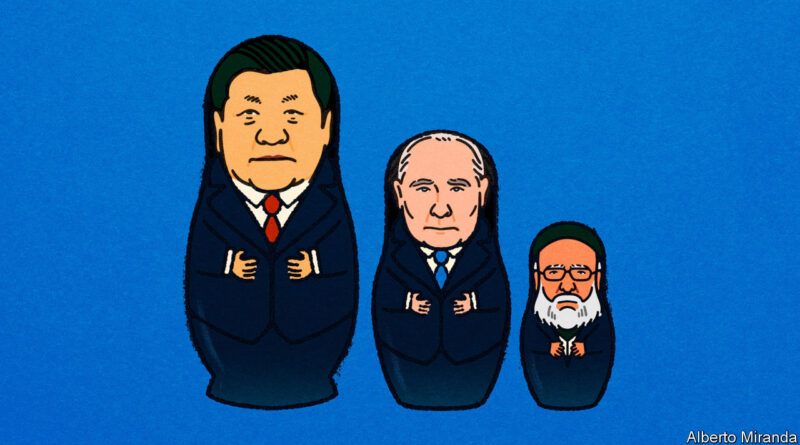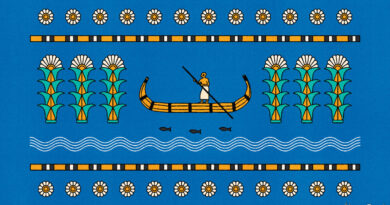How China, Russia and Iran are forging closer ties
Vladimir Putin, Russia’s president, and Ebrahim Raisi, his Iranian counterpart, have several things in common. Both belong to a tiny group of leaders personally targeted by American sanctions. Even though neither travels much, both have been to China in recent years. And both seem increasingly fond of one another. In December they met in the Kremlin to discuss the war in Gaza. On March 18th Mr Raisi was quick to congratulate Mr Putin on his “decisive” election victory.
For much of history, Russia, Iran and China were less chummy. Imperialists at heart, they often meddled in one another’s neighbourhoods and jostled for control of Asia’s trade routes. Lately, however, America has changed the dynamic. In 2020, two years after exiting a deal limiting Iran’s nuclear programme, it reimposed a trade embargo on the country; more penalties were announced in January, to punish Iran for backing Hamas and Houthi rebels. Russia fell under Western sanctions in 2022, after invading Ukraine, which were recently tightened. Meanwhile, China faces restrictions of its own, which could become much more stringent if Donald Trump is elected president in November. United by a common foe, the trio now vow to advance a common foreign policy: support for a multipolar world no longer dominated by America. All see stronger economic ties as the basis for their alliance.




